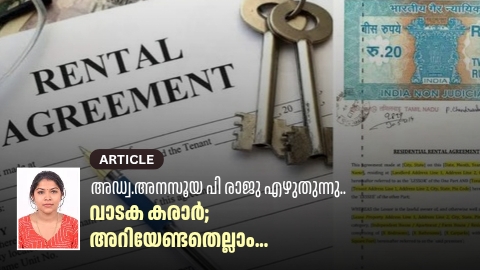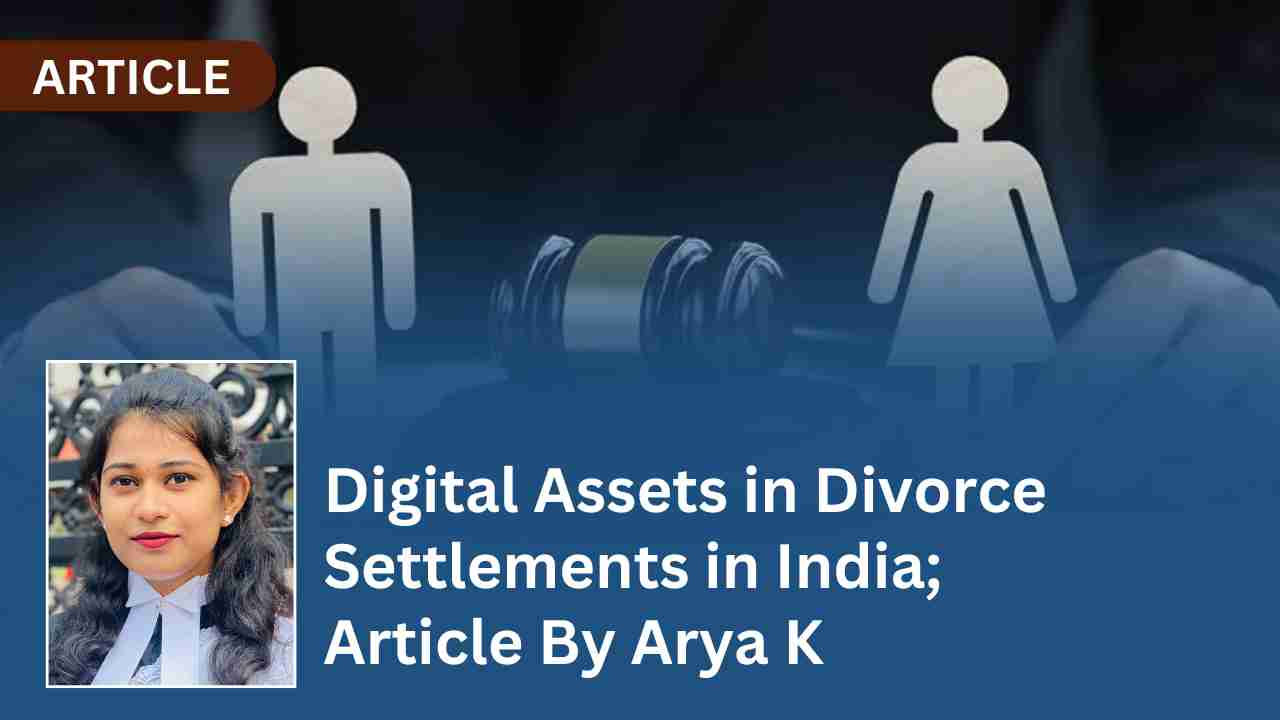In the age of smartphones and instant messaging, WhatsApp has become a primary means of communication for millions of peoples. It is used to share everything from casual updates and photos to serious discussions about money, work, and personal matters. Most people treat these conversations as private, informal, and harmless. However, what is often overlooked is that these messages, even when sent in confidence, can have legal consequences. Under Indian law, WhatsApp chats can now be submitted as valid evidence in courts, and it is important for every user to understand how that works.
The Law Behind It: Bhartiya Sakshya Adhiniyam, 2023
With the introduction of the Bhartiya Sakshya Adhiniyam, 2023, which replaced the Indian Evidence Act of 1872, India has modernised its approach to digital communication. This new law formally recognizes electronic records such as WhatsApp messages, emails, or social media posts as documentary evidence, provided they meet certain legal standards.According to Section 61 of the Adhiniyam, electronic records are treated as documents. Section 63 of the Bhartiya Sakshya Adhiniyam, 2023, allows electronic records, including WhatsApp messages, to be admitted as evidence, provided they meet certain conditions such as proper operation of the device, regular usage for relevant activities, and the submission of a certificate ensuring the record’s authenticity and integrity. In simple terms, this means that a WhatsApp message between two individuals can be used as part of a legal case if one party submits it and proves that it is genuine.
What About End-to-End EncrypA common question many users have is whether WhatsApp’s end-to-end encryption protects them from this kind of scrutiny. End-to-end encryption ensures that messages cannot be read by WhatsApp or third parties while in transit. However, this does not prevent the person on the other side of the chat from saving, sharing, or producing those messages in court.For example, if you send a message to someone and they take a screenshot or keep a backup, they are legally permitted to submit that record if it becomes relevant to a dispute or complaint. Encryption protects your data from outsiders, but not from the recipient of the message.
WhatsApp Messages in Real Legal Cases
Over the years, WhatsApp messages have appeared in a variety of court cases in India. In criminal investigations, messages have been used to establish intent or planning of unlawful acts. In family and matrimonial disputes, courts have examined conversations to determine claims of harassment, infidelity, or abuse. In workplace conflicts, employers have cited chats to show misconduct or resignation, while employees have used messages to support claims of unfair treatment. Even in property or financial disagreements, WhatsApp messages showing informal agreements or confirmations have been treated as supportive evidence by judges.While the outcome of each case depends on context, the common thread is that digital messages can no longer be dismissed as casual or insignificant.
The Information Technology Act and Digital Evidence
In addition to the Bhartiya Sakshya Adhiniyam, 2023, the Information Technology Act, 2000 (IT Act) plays a critical role in the legal treatment of digital communication. The IT Act is designed to address the growing use of digital technology in India and provides legal recognition to electronic records and digital signatures.Under the IT Act, any data stored digitally or transmitted online, including WhatsApp messages, is treated as a valid form of communication. This law specifically outlines the legal framework for handling cybercrimes and electronic contracts. It also provides a set of rules for the preservation and retrieval of electronic records in case of a dispute. The Bhartiya Sakshya Adhiniyam, 2023 and the IT Act work together to establish the procedures for the admissibility of digital records in courts.While the IT Act does not directly address the admissibility of WhatsApp messages, it establishes the principles and procedures for handling digital data, making it easier for courts to assess the authenticity of such messages.
ayyz5the Question of Privacy
This increasing legal reliance on digital messages also brings up questions about privacy. Right to Privacy is recognised as a fundamental right under Article 21 of the Constitution. However, this right is not absolute. During legal proceedings, courts can allow the use of private communications as evidence if doing so serves a legitimate purpose, such as proving wrongdoing or resolving a dispute.At present, India is still in the process of strengthening its digital privacy laws. The Digital Personal Data Protection Act provides some new protections for individuals, but its full implementation and long-term impact remain to be seen. Nevertheless, this law represents a step forward in protecting digital privacy, and the implementation will likely have a significant effect on how digital communications are handled.
Forensic Investigation of Digital Evidence
Digital evidence, including WhatsApp messages, often requires forensic investigation to ensure authenticity and integrity. Forensic experts use specialized tools to preserve, recover, and analyze data from digital devices such as smartphones, computers, or servers. These tools can recover deleted messages, metadata (such as timestamps or sender details), and backup files that may be crucial in legal cases.In many instances, digital forensic investigations are used to validate the legitimacy of WhatsApp messages presented as evidence in court. By performing a thorough analysis, forensic investigators can confirm whether the messages have been tampered with, verify the original source, and ensure that the chain of custody has been maintained. This can significantly impact the reliability and admissibility of digital evidence in legal proceedings.
Being Responsible While Messaging*Given these developments, it becomes essential for individuals to communicate responsibly on such platforms. One should avoid sending anything that could be misinterpreted or harmful if presented outside its original context. Informal conversations about serious matters such as financial arrangements, personal accusations, or professional decisions should be handled with extra care.If any kind of understanding is being recorded through messaging, it is better to be clear and specific, just as one would be in a written agreement. Moreover, one should not assume that deleting a chat erases it permanently. With the help of digital forensic tools, even deleted messages can sometimes be recovered and presented in court if necessary.
Conclusion: Think Before You Type. In conclusion, while WhatsApp may feel like a personal space, in the eyes of the law, it is a recordable platform where messages can become part of official legal documents. The Bhartiya Sakshya Adhiniyam, 2023, by formally recognizing electronic records as admissible evidence, has brought India’s legal system in line with the digital realities of modern life.This change brings with it a responsibility on all users to be more thoughtful and informed about how they communicate online. The words we casually type today could one day appear in a court file. Understanding this simple fact is the first step toward protecting our rights and our digital privacy.




